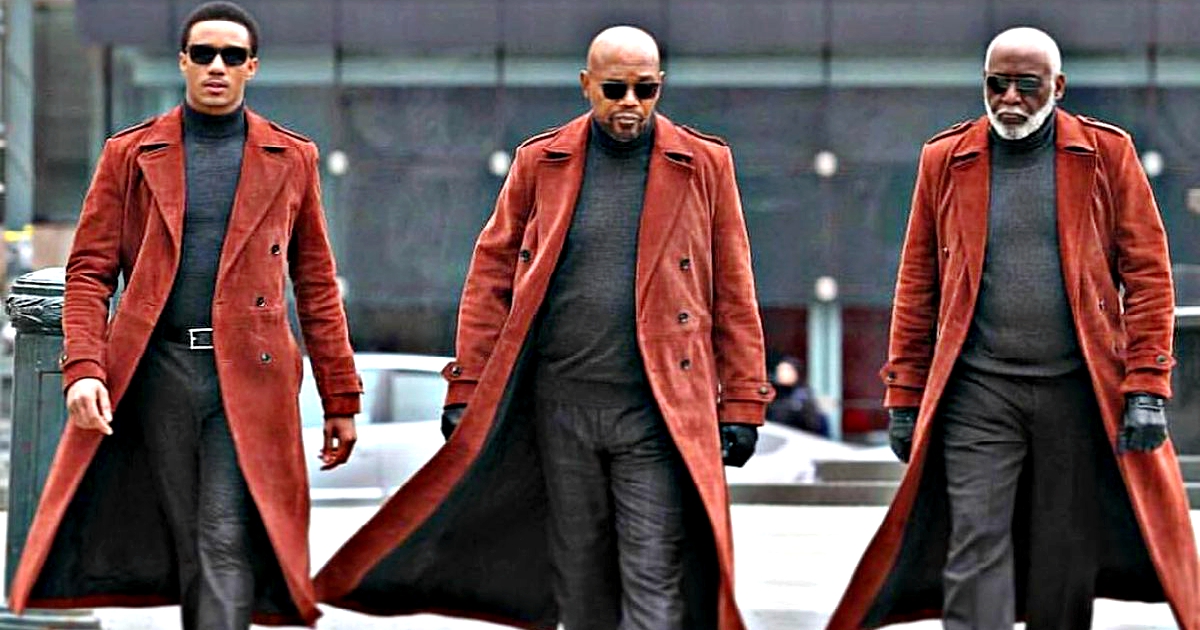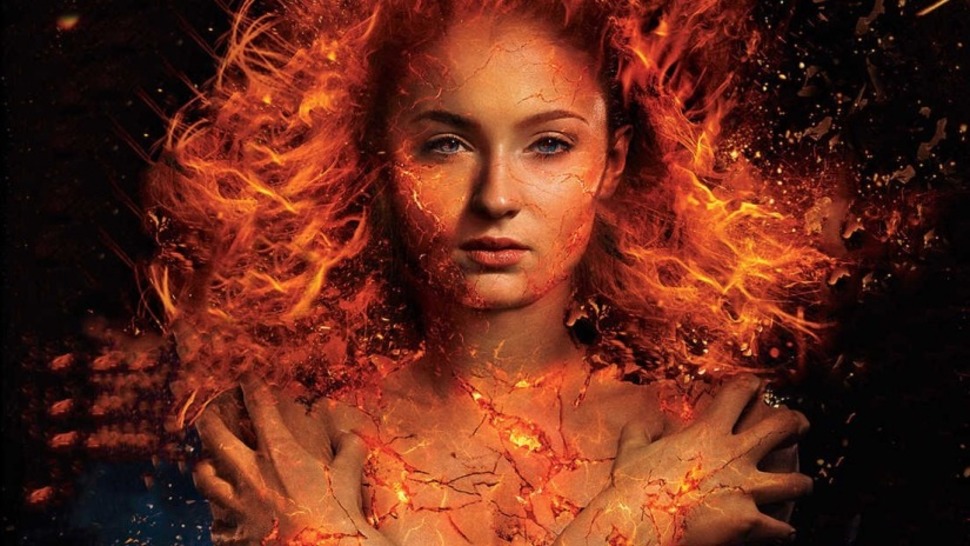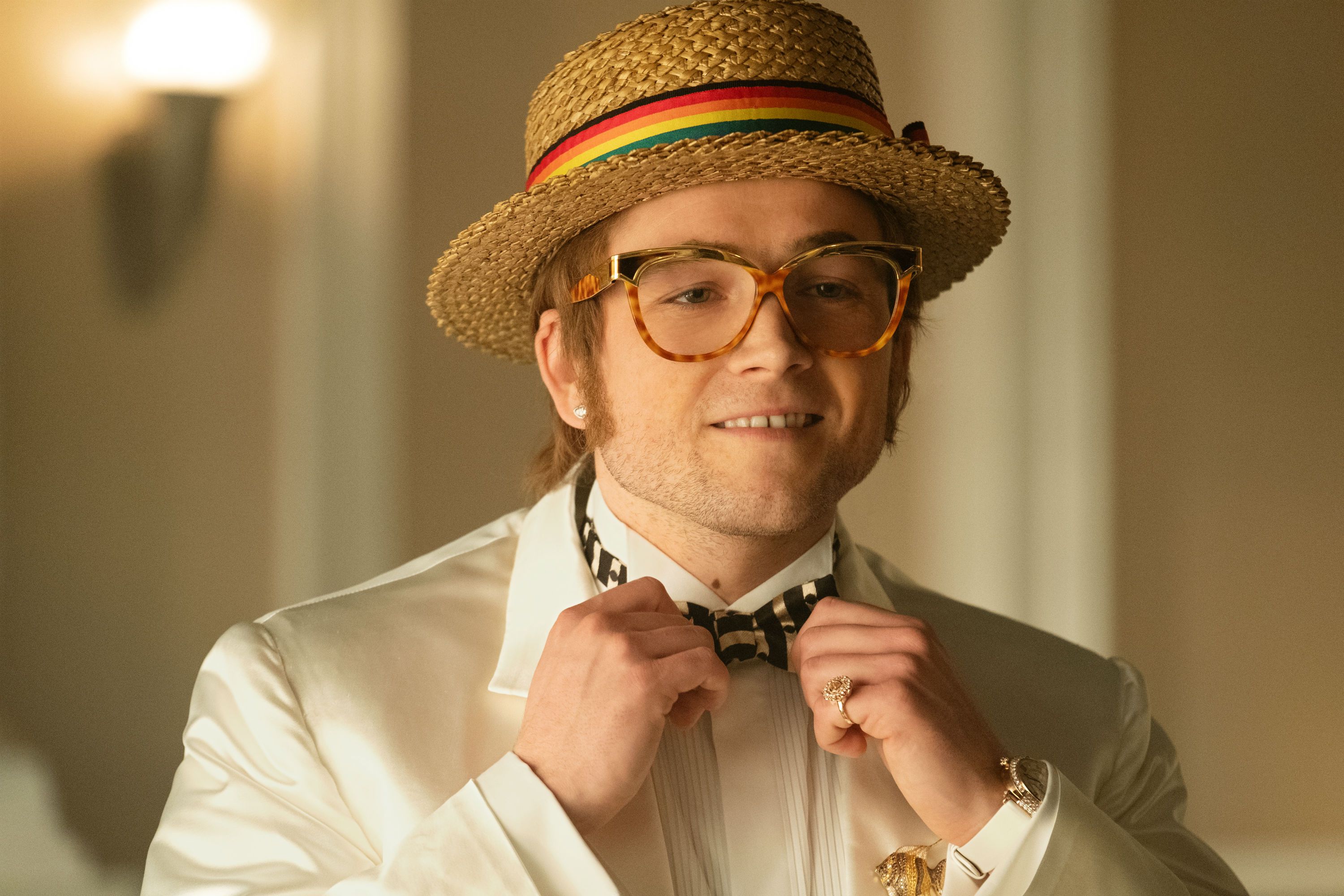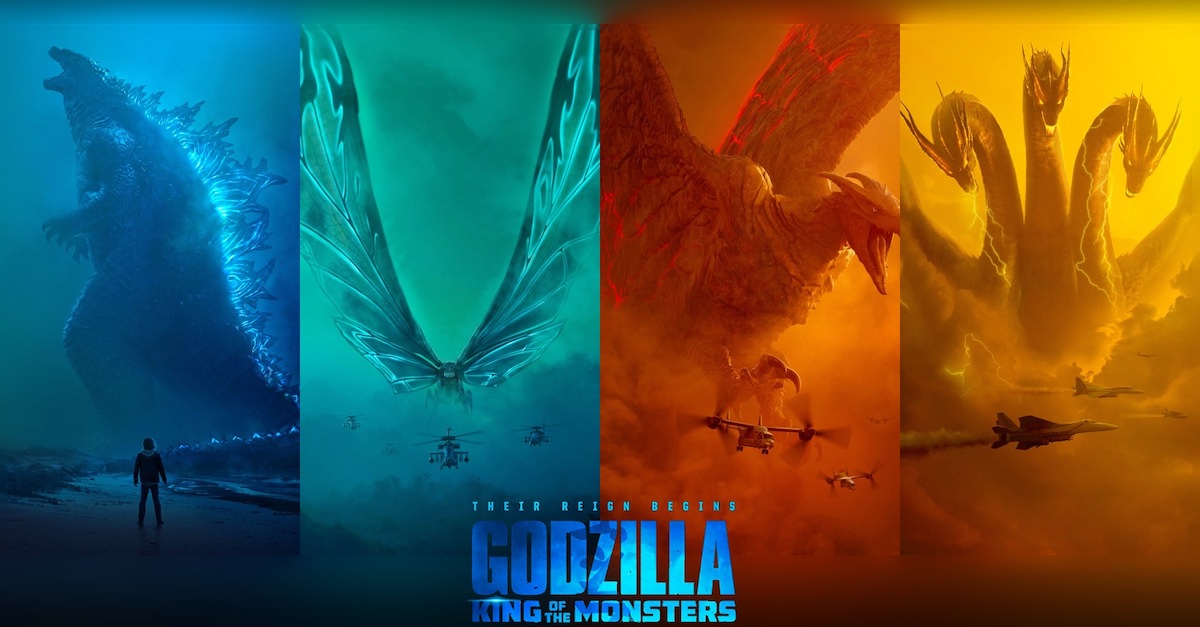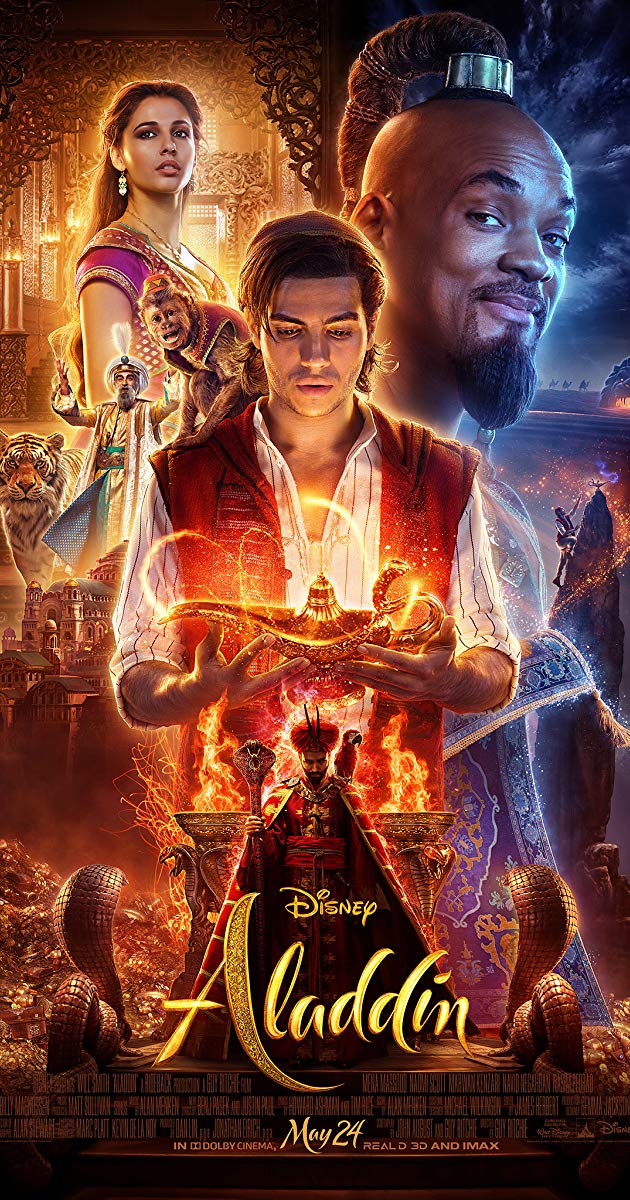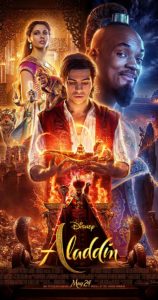Shaft
Posted on June 13, 2019 at 5:25 pm
C| Lowest Recommended Age: | Mature High Schooler |
| MPAA Rating: | Rated R for pervasive language, violence, sexual content, some drug material and brief nudity |
| Profanity: | Very strong language including the n-word and many crude terms |
| Alcohol/ Drugs: | Drug dealing, drinking and drunkenness |
| Violence/ Scariness: | Extended and graphic crime-style peril and violence, characters injured and killed, graphic and disturbing images |
| Diversity Issues: | A theme of the movie |
| Date Released to Theaters: | June 14, 2019 |
| Date Released to DVD: | September 23, 2019 |
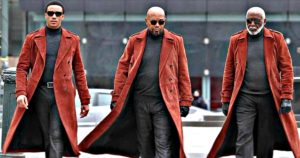
Like two of the previous films in the series, this one is just called “Shaft.” The 1971 original starred Richard Roundtree, who also appeared in “Shaft’s Big Score” and “Shaft in Africa.” Then Samuel L. Jackson appeared in a 2000 film just called “Shaft,” playing the nephew of the Roundtree character. (In this film, it turns out the original Shaft was not his uncle but his father.) This “Shaft” brings the story up to the present day, with Roundtree and Jackson returning to their roles and the third generation, J.J. (for John Junior), played by Jessie T. Usher (“Survivor’s Remorse”).
The first Shaft film, based on a tough with the bad guys/catnip for the ladies private investigator in the novels of Ernest Tidyman, was among the best of the “Blaxploitation” films of the 1970’s.
The character in the book is white, but director Gordon Parks cast Roundtree, to “see a black guy winning,” and, toward the end of the Civil Rights movement era, that gave audiences a hero that had not been seen before, a strong, confident, supremely capable black man who operated by his own set of rules and applying his own form of justice. This had enormous appeal in an era where pretty much the only black actor in films was Sidney Poitier, who nearly always played characters who were near-saintly, designed to appeal to white audiences. Shaft did not care about appealing to or appeasing anyone. In the words of a black politician of the era named Shirley Chisolm, he was “unbought and unbossed.” He exemplified Hollywood cowboy-style notions of masculinity, supremely secure in his own power and control, and in the context of the movie that included his relationships with women, if using them as sexual objects could be characterized as a relationship.
Director John Singleton’s 2000 version with Jackson was an affectionate tribute to the original. Shaft is first seen as working for The Man as a police officer, but he quits in disgust and sets up an office as a private investigator. As this film begins, it is 1989 and Shaft (Jackson) is arguing with his significant other (Regina Hall) in a car when a gunfight breaks out. “This time it’s different,” she tells him, after it is all over and he’s the last man standing. In the back seat of the car is a baby. She knows that in order to keep their son safe, she will have to leave him.
The ensuing years are amusingly zipped through in a montage with pauses for the occasional and always-inappropriate gifts Shaft sends to JJ, wrapped in plain brown paper, including a box of condoms when he is 10 and a collection of porn when he is leaving for college at MIT. After graduation, JJ works as a data analyst at the FBI, where he is frustrated at not being assigned to take the lead on big cases like a possible terrorist cell at a local mosque. He lives in a tastefully furnished apartment with a Lord of the Rings poster on the wall and lacrosse sticks over his bed. He treats women with respect — with so much respect he has not been able to get out of the friend zone with Sasha (Alexandra Shipp), a doctor he has known since he was a child. He does not like guns, but he has mad skills as a hacker.
When another childhood friend, a Muslim veteran named Karim, is found dead from an overdose, JJ thinks it is murder, and he visits his father for the first time to ask for his help. A naked stripper covered with glitter answers the door, and Shaft appears with glitter in his beard. This is supposed to be funny and to convey how manly he is. Anyway, he agrees to help, and we’re suddenly in a buddy cop movie, with senior bashing junior every step of the way for not being many enough and junior giving it back about his not having been there as a dad. Much of that happens as they are being chased, shot at, or fought with, including the inevitable scene at a nightclub, with a dance/fight that puts the “tip” in “tipsy” and is actually pretty fun.
Someday people will look back on this movie as an exemplar of its moment. The exaggerated masculinity of 1971 may have been humorous and empowering, but in 2019 it seems creaky and skeezy, especially when JJ finally picks up a gun and the strong, capable female character suddenly melts into a puddle of adoration. It’s too soon to be a parody, too late to be ignored. The exaggerated bravado makes them seem fragile and over-compensating.
I admit, though, that Hayes theme still makes me melt into a puddle, and it is fun to see the three generations striding without regard to the oncoming cars in their shades and long coats. While it does not succeed in the same terms as the original or as an affectionate update, there are moments when it is an entertaining popcorn movie with appealing performances, when I can dig it.
Parents should know that this film has a lot of intense, graphic peril and violence including shoot-outs fights, and torture, with many characters injured and killed and some graphic and disturbing images. Characters use strong and crude language, including the n-word and the p-word, and there are vulgar sexual references, homophobic and transphobic jokes, and nudity, with a casually exploitive attitude toward women and a prove-it notion of masculinity. The movie also includes drinking and drunkenness and drugs and drug dealing.
Family discussion: Why wasn’t JJ a field agent? Why was his father so dismissive of his clothes and apartment? How do the Shaft movie’s attitude toward women and masculinity hold up today?
If you like this, try: the earlier “Shaft” movies and “Jackie Brown”

